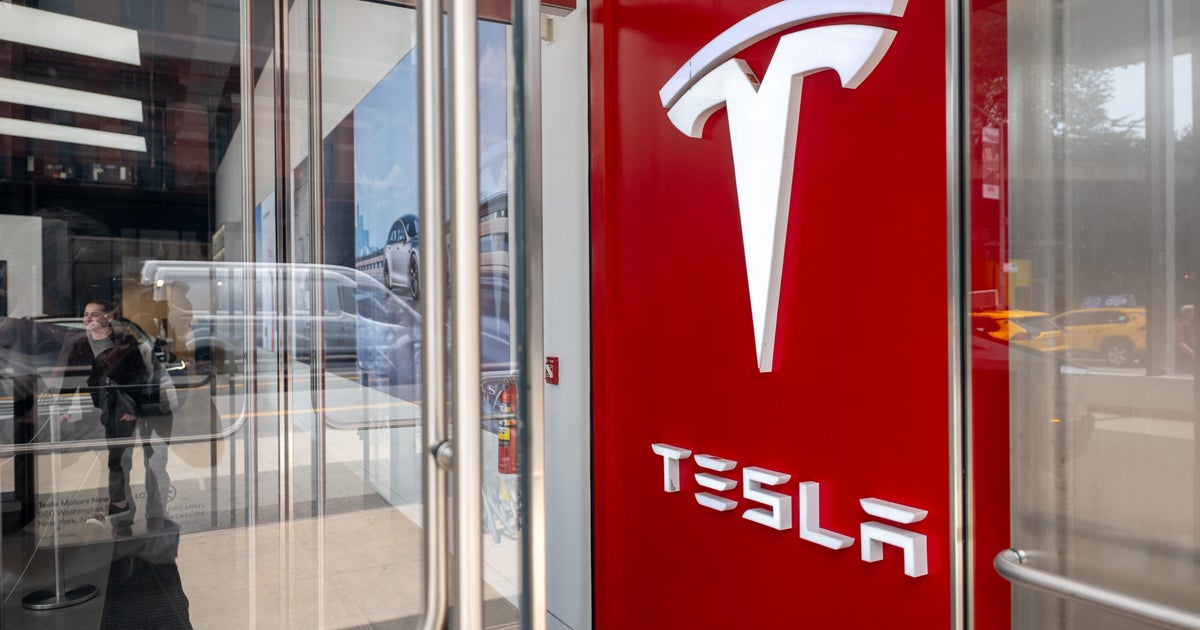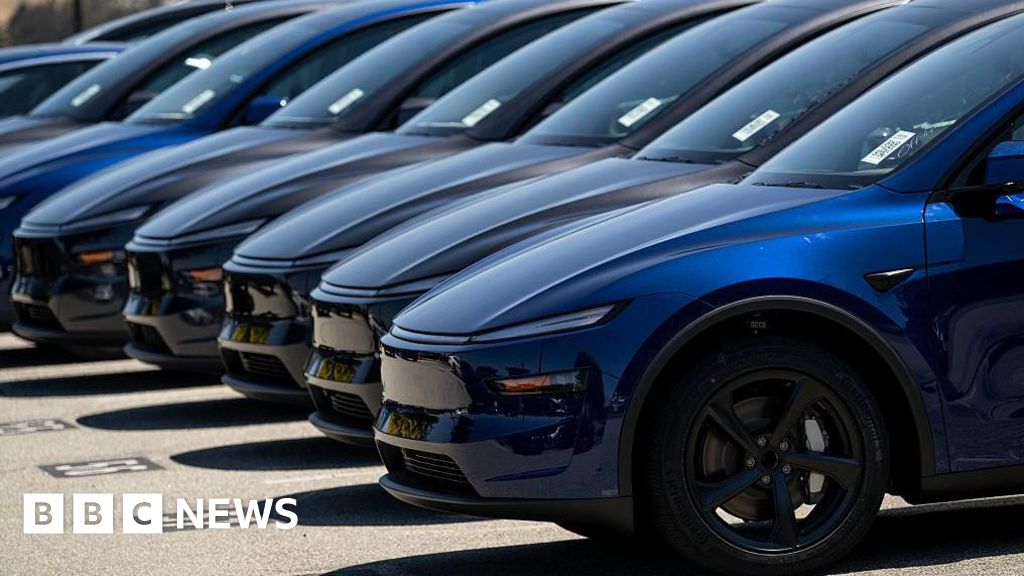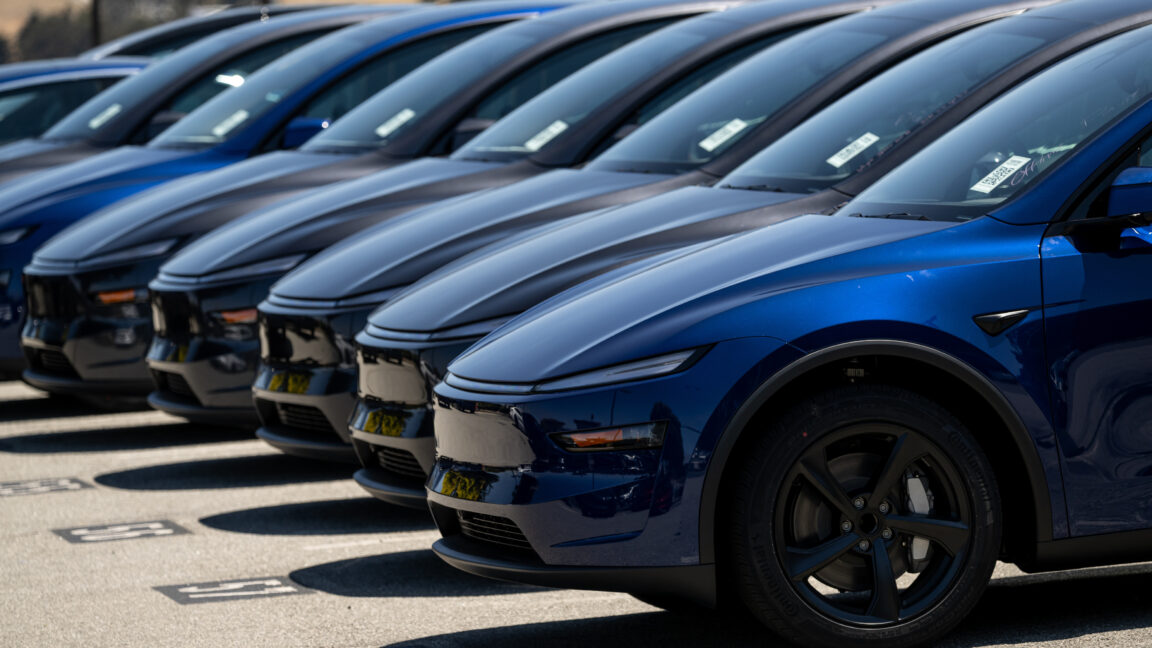Tesla Sales Decline Amidst Competition and Anti-Musk Sentiment
Tesla's sales fell by 13% in Q2 2025, impacted by anti-Musk sentiment and increasing competition, despite strong performance of Models 3 and Y.
Subscribe to unlock this story
We really don't like cutting you off, but you've reached your monthly limit. At just $5/month, subscriptions are how we keep this project going. Start your free 7-day trial today!
Get StartedHave an account? Sign in
Overview
- Tesla's sales dropped 13% in Q2 2025, totaling 384,122 units compared to 443,956 in the same period last year.
- The decline is attributed to anti-Musk sentiment and heightened competition in the electric vehicle market.
- Despite the overall sales slump, Models 3 and Y exceeded Wall Street's expectations with 373,728 units sold.
- Tesla's shares rose 3.7% in morning trading, indicating investor confidence despite the sales decline.
- The company is shifting focus towards autonomous driving technology and robotaxis to counteract declining sales and competition.
Report issue

Read both sides in 5 minutes each day
Analysis
Center-leaning sources frame Tesla's sales decline as a consequence of Elon Musk's polarizing image and external competition, emphasizing a narrative of vulnerability. They express concern over the brand's reputation and market position, suggesting that Musk's political affiliations and strategic shifts may be detrimental to consumer demand and investor confidence.
Articles (7)
Center (7)
FAQ
Tesla's sales decline in Q2 2025 is mainly attributed to anti-Elon Musk sentiment and increased competition in the electric vehicle market.
Despite the overall sales decline, Tesla's Model 3 and Model Y exceeded Wall Street expectations, with combined deliveries totaling 373,728 units in Q2 2025.
Tesla's shares rose approximately 3.7% to 4.8% in morning trading after the Q2 2025 sales report, indicating investor confidence despite the decline in deliveries.
Tesla is shifting its strategic focus toward autonomous driving technology and robotaxis to offset declining sales and heightened competition in the electric vehicle market.
History
- This story does not have any previous versions.





